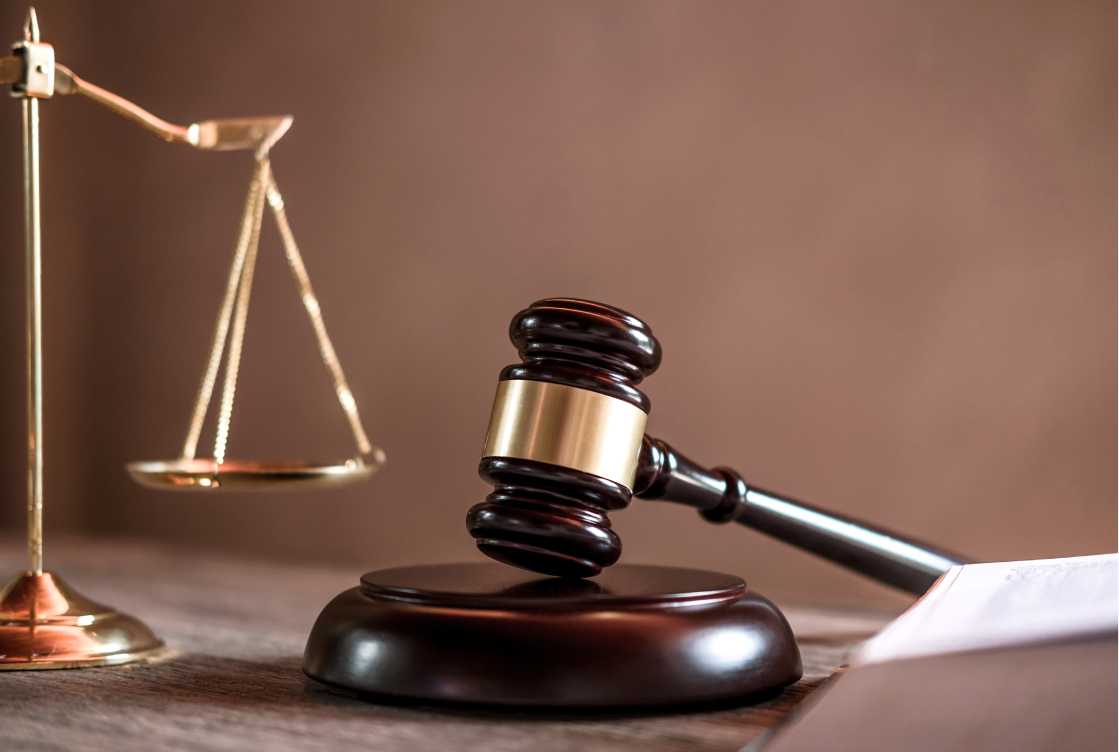Who and why do ASIC prosecute and what are their effective reasons for doing so? In answering this question, we begin with the, “why”.
ASIC prosecute to improve the quality of information to the general public, shareholders and members or officers of Australian companies, to assist external administrators to address ongoing misconduct by company directors, discourage the misuses of ASIC’s public database and prevent disqualified directors from managing companies.
Some examples of “who”, ASIC seeks to prosecute, are or deems persons of interest, fall within a certain category, namely:
- people who are alleged to have continued to act as an officer of a company after a liquidator is appointed;
- company officers who allegedly failed to assist insolvency practitioners to administer a failed company by not providing a Report on Company Activities and Property (ROCAP) – formerly known as the Report as to Affairs (RATA) – company books and records and assistance when requested;
- company officers themselves and their companies for allegedly failing to update ASIC registers with the addresses of their companies and company officers; and
- people who are alleged to have used company titles when no such company was registered by ASIC.
From January to June 2022, ASIC criminally prosecuted 27 individuals with 139 charges, with 7 custodial sentences and 11 non-custodial sentences. There were 81 defendants prosecuted for strict liability offences with 171 charged laid in summary prosecutions for the same.
In that same period, ASIC further banned 31 individuals by removal or restriction from providing financial services or credit with 27 individuals disqualified or removed from directing companies and initiated 60 new investigations with 148 investigations still ongoing.
Noting the above this does not limit the power the ASIC has to criminally prosecute, and this is where it gets legally complex. In most ordinary circumstances all liaison with ASIC is done so on the premise that they are civil in nature and subject to civil litigation if disputes cannot be resolved. However, the fine line that the above noted statistics tell is that civil correspondences can lead to criminal liability and effectively you simply are not able to tell which ones do and which don’t.
That’s why consulting our expert criminal defence lawyers become vital, as we are able to professionally liaise with ASIC and assist in mitigating the risks behind evidentiary matters that may raise the bar of offending to criminal liability and negotiate the matter be civilly dispensed during the course of an investigation.
For further risk management our services seek to provide directors and various corporate stakeholders with advice regarding conduct that can be deemed to rise a high as criminal liability and improve the corporation’s responsibility to eliminate and reduce practices that may be cause for concern and align with ASIC and legislative requirements.




